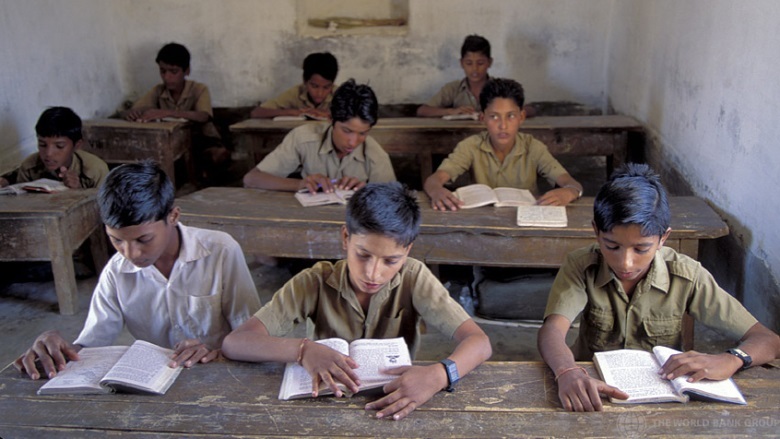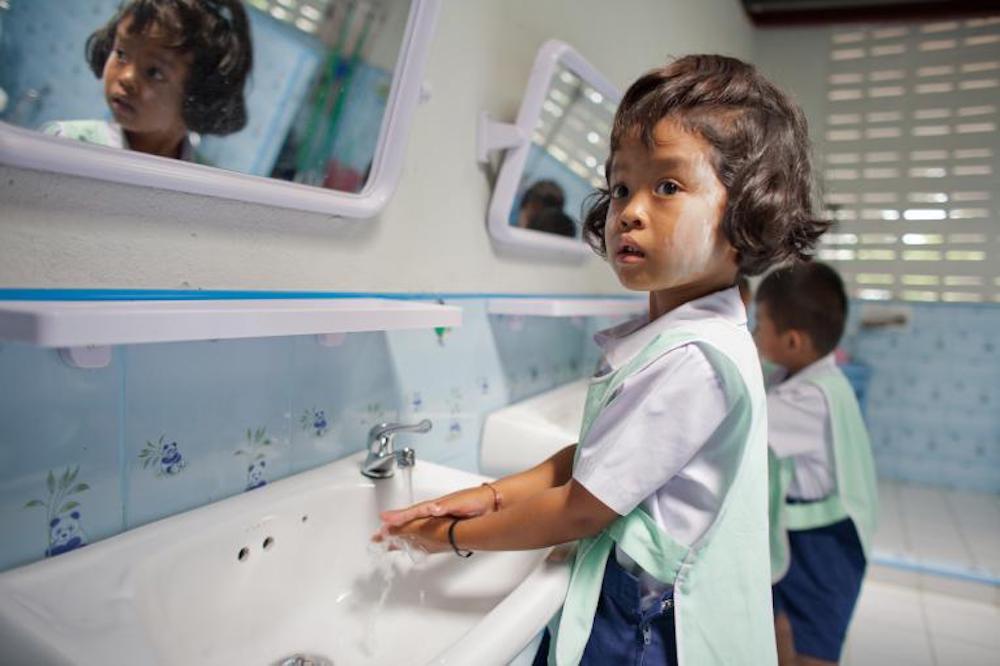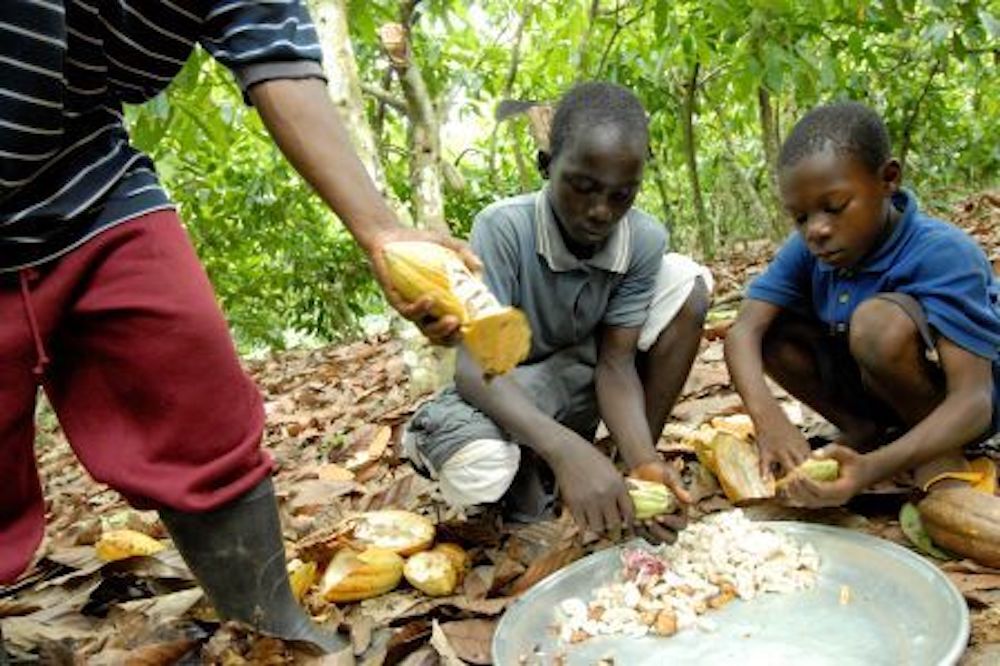
Five things you need to know this week about global education

Child labour, Child marriage, Education in emergencies, Teachers and learning
A programme to improve the quality of schooling for 250 million students and 10 million teachers in India leads our news roundup.
Support for 250m Indian students
About 250 million school students and 10 million teachers will benefit from a programme to improve the quality of education in six Indian states.
A $500 million loan from the World Bank will be used to help children aged from six to 17 in 1.5 million public schools in Himachal Pradesh, Kerala, Madhya Pradesh, Maharashtra, Odisha and Rajasthan. The loan is for the STARS (Strengthening Teaching-Learning and Results for States) programme.
Junaid Ahmad, World Bank Country Director in India, said STARS will support efforts to significantly improve learning outcomes and “ensuring that no child of any background is left behind from the right to education”.
Ahmad said Investing more in the early years of education will equip children with the skills needed for jobs of the future.
The World Bank has also announced support for education projects in Jordan and Sierra Leone. A $100 million top-up will help Jordan’s efforts to address education challenges resulting from the pandemic and expanding access to pre-primary education. A $50 million grant will support Sierra Leone’s flagship programme for free, quality education.
Pandemic undoing progress on child marriage
Harmful practices against girls cause lasting trauma, robbing them of their right to reach their full potential in life.
Say #AgainstMyWill and join @UNFPA in defying the practices that harm women and girls and undermine equality: https://t.co/NcZvhqCDCF#SWOP2020 pic.twitter.com/RcxRghoKgY
— UNFPA (@UNFPA) June 30, 2020
The coronavirus pandemic is reversing progress on ending child marriage and female genital mutilation (FGM) and jeopardising the futures of millions of girls, a senior UN official said this week.
“The pandemic both makes our job harder and more urgent as so many more girls are now at risk,” said Natalia Kanem, head of the United Nations’ sexual and reproductive health agency UNFPA.
An additional 13 million girls could be married off – often ending their education – and two million more could undergo FGM in the next decade, UNFPA said as it launched a report on harmful practices. Deepening poverty caused by the crisis may also push more parents to get daughters out of school and married early.
About 33,000 girls are forced into early marriage every day – usually to much older men – the report added.
Safety first as Thai schools reopen

Schools in Thailand have reopened for the first time since March (UNICEF Thailand/Thomas)
Schools in Thailand reopened this week with precautions in place to guard against coronavirus. At Sam Khok school, near Bangkok, almost 5,000 students had to self-quarantine at home for 15 days before returning to classes.
Children get their temperatures checked and a facial recognition scanner automatically sends a message to parents. In the classrooms, the school has turned cardboard ballot boxes used in elections into partitions to ensure social distancing between desks.
“I feel good studying behind the box because it makes me feel safer returning to school,” said student Kanlaya Srimongkhol.
In Nigeria, students due to graduate this year will be able to go back to school to prepare for exams – but other children will not be returning yet. North Korean schools have reopened, with children required to wear masks and washing stations installed.
All students in England will be expected to return to school in September as part of government plans unveiled yesterday. Schools will be asked to maintain distinct student groups, known as bubbles, which strive to not mix with pupils in other bubbles.
New funding for Education Cannot Wait
Thank-you #Canada ???????? for your kind contribution to #ECW's education in emergency work to help:
????Improve access to #education for all, esp. girls
✏️Address crisis-affected children's needs, incl refugees
????Support distance learning, plus skills & teacher training@CanadaDev @un pic.twitter.com/dVzjcZ53Y7— Education Cannot Wait (@EduCannotWait) June 28, 2020
Education Cannot Wait – the global fund for education in emergencies – has received new funding pledges of over $10 million from Canada, the United States, Finland and the telecom company Verizon.
It will support efforts to provide education for children and youth who are affected by Covid-19 after already suffering the impact of armed conflicts, forced displacement, natural disasters and protracted crises.
The commitments from Finland and Verizon were announced during the Global Goal: Unite for our Future concert and summit events at the weekend.
Education Cannot Wait Director Yasmine Sherif said: “We need $310 million in immediate support for our responses in countries of conflict, forced displacement and natural disasters. This funding is critical for both the Covid-19 pandemic and other crises.”
Cocoa child labour rises in lockdown

Data shows a sharp rise in hazardous child labour during the country’s partial lockdown to control Covid-19 (ICI)
Child labour has increased in Ivory Coast’s cocoa sector during its coronavirus lockdown, according to a report by the industry-backed foundation International Cocoa Initiative (ICI).
The percentage of children engaged in labour between mid-March and mid-May rose to 19.4% from 16% in the same period in recent years.
The report said it was too early to attribute the increase entirely to the lockdown but that child labour tends to rise when children have no access to school.
More than one million children work on cocoa farms in the West African country, studies have found.
More news

